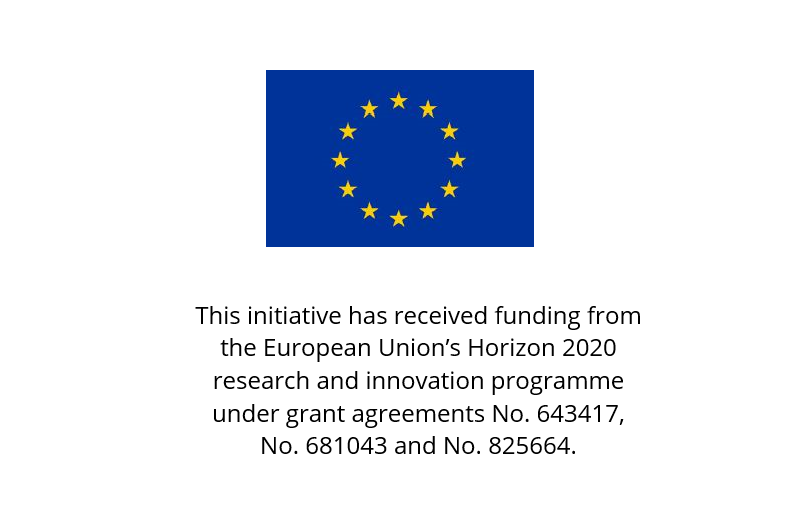| Technology platform | Imaging & Tracing |
|---|
(Pre-proposal deadline: 2 March 2021)
The aim of the call is to establish a number of ambitious, innovative, multi-disciplinary and multinational collaborative research projects that aim at identifying and measuring physiological effects and related biomarkers that can be linked to the development of neurodegenerative diseases, as well as enhancing the understanding of causal underlying cellular, molecular, metabolic, inflammatory or other systemic processes
Call topic: the focus is on detection, measurement and understanding of early disease indicators related to neurodegenerative diseases, with potential for the development of new diagnostics or interventions. The proposals must focus on one or several of the following neurodegenerative diseases:
- Alzheimer’s disease and other dementias
- Parkinson’s disease and PD-related disorders
- Prion diseases
- Motor neuron diseases
- Huntington’s disease
- Spinocerebellar ataxia (SCA)
- Spinal muscular atrophy (SMA)
For further details on the call, please visit this page.
EATRIS can help identify the right consortium partner for your proposal. Simply fill in this form and send it back to Anne-Charlotte Fauvel, annecharlottefauvel@eatris.eu.
The expertise of EATRIS member institutions relevant for this call includes:

- Neurophysiology and brain imaging of MCI and Alzheimer’s disease (AD)
- Decision-making and other forms of cognition in dementia
- Genome-wide association studies on prion disease
- Prion diseases biomarkers
- Current clinical diagnostic criteria for Neurodegenerative disease
- Gene and epigenetic regulation in neurodegenerative and neurological diseases such as AD, Parkinson’s disease, Huntington’s disease and schizophrenia
- Development and commercialization of a novel AD early detection technology
- Brain imaging (fMRI/DTI) and electrophysiological signals (EEG-ERPs, oscillatory acticity), Learning and Neuroplasticity (ERPs/fMRI), Reward and Decision-making (ERPs/fMRI), New language learning paradigms adapted to the detection of subtle effects in preclinical Alzheimer patients. Experience in clinical trials in stroke rehabilitation (using music learning for restoration of motor deficits)
- Neurobiological correlates of mental health conditions
- PET and 3T magnetic resonance scan fully equipped for structural and functional neuroimaging acquisitions, as well as wide expertise in the acquisition and analysis of this kind of data
- Structural and functional MRIs, as well as a comprehensive neuropsychological assessment, blood and CSF samples, and, in a subset of patients, FDG and amyloid PET scan
- Big data and new analytical methods to clarify causes and risk factors in severe mental disorders to improve prevention, diagnosis and treatment
- Mathematical models to understand variation in the human genome, in order to identify genetic and environmental factors contributing to disease development.
- Novel tools for big data analysis of mental illness causes
- Develop and validate prediction and stratification tools
- Conditional and conjunctional FDR
- Univariate and bivariate mixture models of GWAS
- Psychiatric Genomics Consortium
- Nordic collaboration on psychiatric genetics
- Comorbidity in mental illness – overlapping genetic risk factors
- Novel tools for data collection and recruitment Predictive and prognostic imaging-based biomarkers for better id of jidcious, patient-specific treatments
- Artificial intelligence and neural networks
- Neurophysiology and brain imaging of MCI and AD, Decision-making and other forms of cognition in dementia
- Computational modelling of decision-making (in elderly)
- Novel machine learning methods and models to answer key questions in biomedicine
- Scalable and multimodal machine learning techniques utilizing genome, transcriptome, epigenome and imaging data to build clinically useful computational tools.
- AI-based diagnostic tools and decision support systems

















